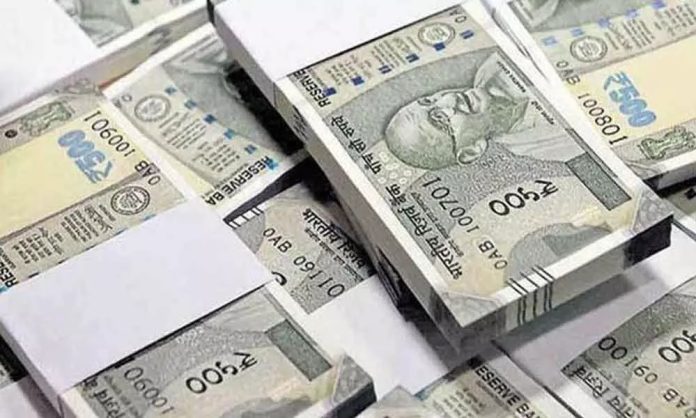Cash Deposits Limits: Do you know about the limits on cash deposits in Indian bank accounts and how exceeding these limits could attract scrutiny from the Income Tax Department? Know the rules for cash deposits, the maximum amounts you can deposit, and the potential penalties for not reporting large cash transactions. Understand the implications of depositing more than Rs 10 lakh in cash and how to handle such transactions effectively.
Bank Cash Deposits Limits: For many people, a bank account is a secure place to store money and earn interest. It’s essential for managing transactions, accessing government schemes, and investing in fixed deposits or other financial products. In India, individuals can hold multiple bank accounts simultaneously, but are there limits to how much money you can deposit or withdraw at one time? Here’s what you need to know:
How much money can you keep in your account?
According to the rules, there is no limit on the amount of money you can keep in your savings account. However, if the amount deposited is significant and attracts the attention of the Income Tax Department, you’ll need to provide details about the source of that income. While there are no restrictions on depositing or withdrawing large amounts through cheques or online transactions, cash deposits and withdrawals at a bank branch do have limits.
How much cash can you deposit?
If you deposit Rs 50,000 or more in cash, you must provide your PAN number. You can deposit up to Rs 1 lakh in cash per day. If you don’t make regular cash deposits, this limit can increase to Rs 2.50 lakh. Overall, you can deposit a maximum of Rs 10 lakh in cash into your account in a financial year, regardless of how many accounts you have.
What happens if you exceed these limits?
If you deposit more than Rs 10 lakh in cash in a financial year, the bank is required to report this to the Income Tax Department. You will need to explain the source of this income. Failure to provide satisfactory details can lead to an investigation by the Income Tax Department, and you could face significant penalties.
Potential Penalties
If you deposit more than Rs 10 lakh in cash and cannot provide evidence of the source of the funds, you could face a tax of 60 per cent on the deposited amount, along with a 25 per cent surcharge and a 4 per cent cess. However, if you have proof of the source of your funds, you can deposit large amounts of cash without concern. For better returns, consider investing large sums in fixed deposits or other investment avenues rather than keeping them in a savings account.

